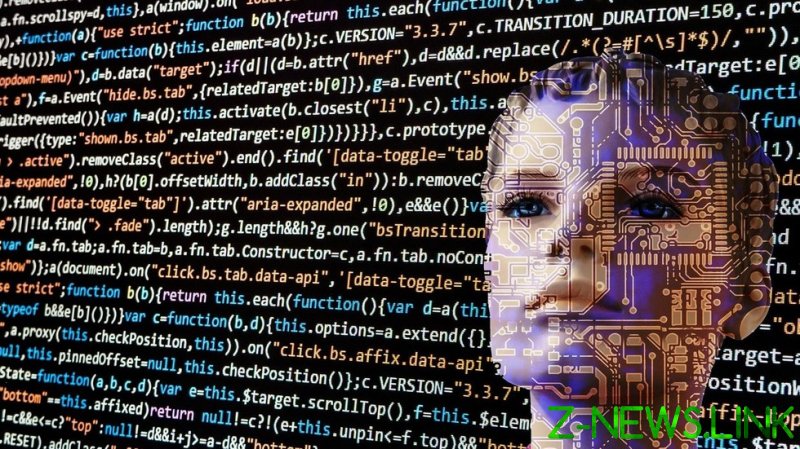
The machine was ‘trained’ using information compiled from more than 17,000 cases from 2015 to 2020 and can correctly file charges for Shanghai’s eight most common crimes, including credit card fraud, theft, and “picking quarrels and provoking trouble,” according to research published this month in the domestic peer-reviewed journal Management Review.
The AI prosecutor was developed and tested by the Shanghai Pudong People’s Procuratorate, China’s biggest and busiest district prosecution office, the South China Morning Post (SCMP) reported. The paper noted that the system could even run on a desktop computer.
It works by identifying and pressing charges against a suspect based on 1,000 ‘traits’ obtained from the case description text that is fed to the machine. Much of this text is apparently either too small or too abstract to make sense to people.
According to the project’s lead scientist, Shi Yong, the system can potentially shoulder the prosecutors’ daily workload and free them up to focus on more demanding tasks. Shi and his team at the Chinese Academy of Sciences’ big data and knowledge management laboratory noted that the tech would soon get upgrades to become powerful enough to recognize less common crimes and file multiple charges against a suspect.

Chinese prosecutors began using AI in 2016, the SCMP noted, adding that many attorneys now use an AI tool known as ‘System 206’ that assesses the strength of evidence, arrest conditions, and even examines how much danger a suspect poses to the public.
However, the researchers stated that all the existing AI tools were limited since “they do not participate in the decision-making process of filing charges and [suggesting] sentences.” Such decisions would need the machine to translate complex language into a mathematical format that can be understood by a computer – without losing relevant information in the conversion process.
But an unidentified Guangzhou-based prosecutor told SCMP that most prosecutors did not want computer scientists “meddling” with legal judgments given the stakes involved and the risk of error.
“Who will take responsibility when [a mistake] happens? The prosecutor, the machine or the designer of the algorithm?” they asked.
© 2021, paradox. All rights reserved.





